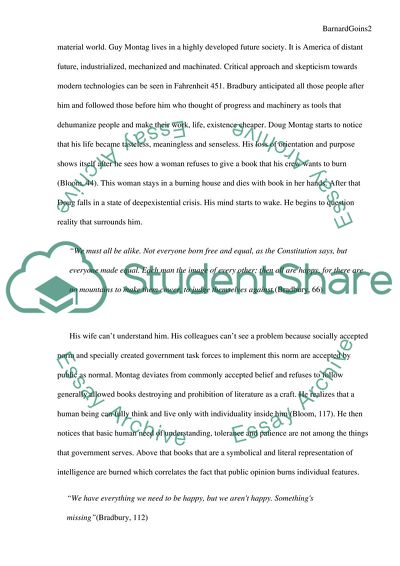Cite this document
(“Social Deviation in Ray Bradburys Fahrenheit 451 Research Paper”, n.d.)
Retrieved from https://studentshare.org/literature/1701754-social-deviation-in-ray-bradburys-fahrenheit-451
Retrieved from https://studentshare.org/literature/1701754-social-deviation-in-ray-bradburys-fahrenheit-451
(Social Deviation in Ray Bradburys Fahrenheit 451 Research Paper)
https://studentshare.org/literature/1701754-social-deviation-in-ray-bradburys-fahrenheit-451.
https://studentshare.org/literature/1701754-social-deviation-in-ray-bradburys-fahrenheit-451.
“Social Deviation in Ray Bradburys Fahrenheit 451 Research Paper”, n.d. https://studentshare.org/literature/1701754-social-deviation-in-ray-bradburys-fahrenheit-451.


